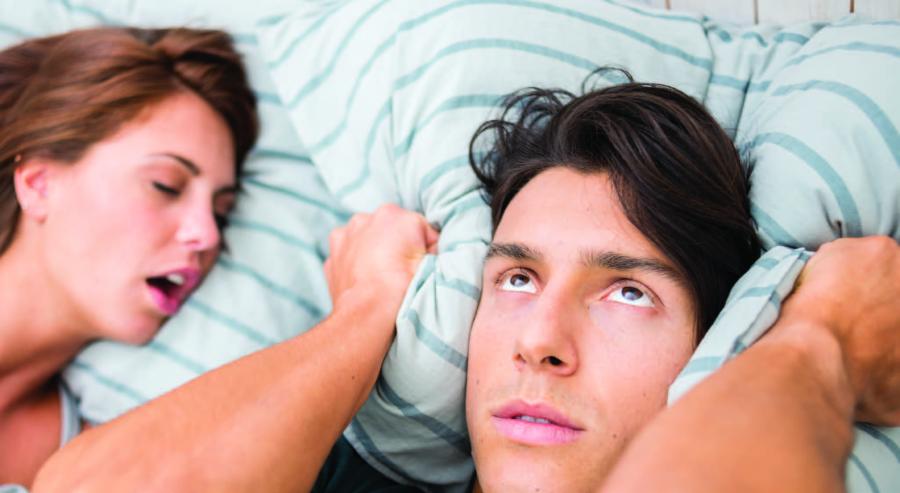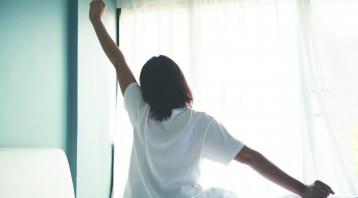
Daylight Savings begins this Sunday, March 11. While we do see more sunshine later in the day, moving the clock ahead an hour can have an adverse effect on your sleep patterns, especially if you already have a history of disruption.
At the Nebraska Medicine Sleep Disorders Center, our board-certified physicians work to identify the causes of sleep disruptions in patients in an effort to minimize the impact that poor or inadequate sleep can have on the quality of life or overall health of a patient.
In addition to diagnosing and treating all types of sleep disorders, including obstructive sleep apnea, narcolepsy, insomnia, parasomnias (night terrors, sleep paralysis, bedwetting and others), restless leg syndrome, snoring and excessive daytime sleepiness, the Sleep Disorders Center now offers a home sleep apnea test in addition to current in-lab overnight services.
Do you suffer from sleep apnea?
You or your sleep partner may have observed common sleep apnea patterns, including:
Loud or frequent snoring
Silent pauses in breathing
Choking or gasping sounds
Daytime sleepiness or fatigue
Insomnia

If you need to be tested, it is important to talk to your primary care provider about your options and to see if you qualify for a home sleep test. Home sleep apnea testing is generally used when your doctor has determined that you have a strong possibility of having mild to moderate sleep apnea (OSA) and there is no suspicion of complex sleep disorders, no co-morbid conditions (like moderate to severe pulmonary disease), no significant cardiac disease and no history of a prior stroke.
Patients must be age 18 or older and insurance approval is required for home sleep apnea testing. Most insurance providers are accepted at the Sleep Disorders Center.